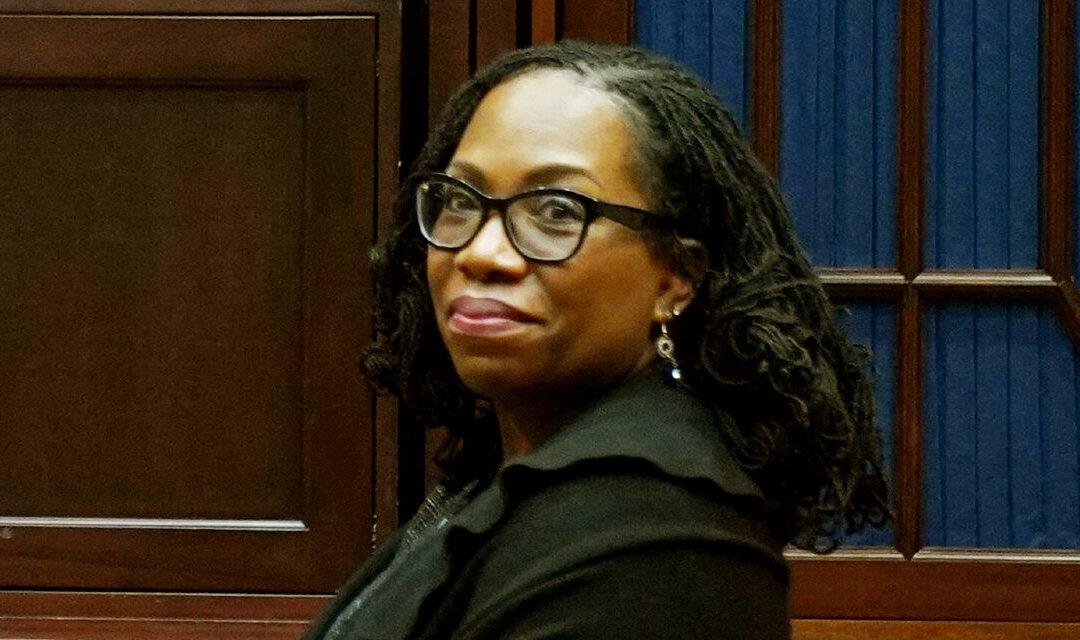Commentary
The confirmation of Judge Ketanji Brown Jackson to the Supreme Court of the United States is being loudly proclaimed by the Biden administration as a triumph for diversity, equality, African-American rights, women’s rights, and of an interpretation of the Constitution that’s so flexible, it’s reduced to a platitude enjoining jurists to interpret the Constitution in the way most amenable to that person’s individual social and political preferences.





